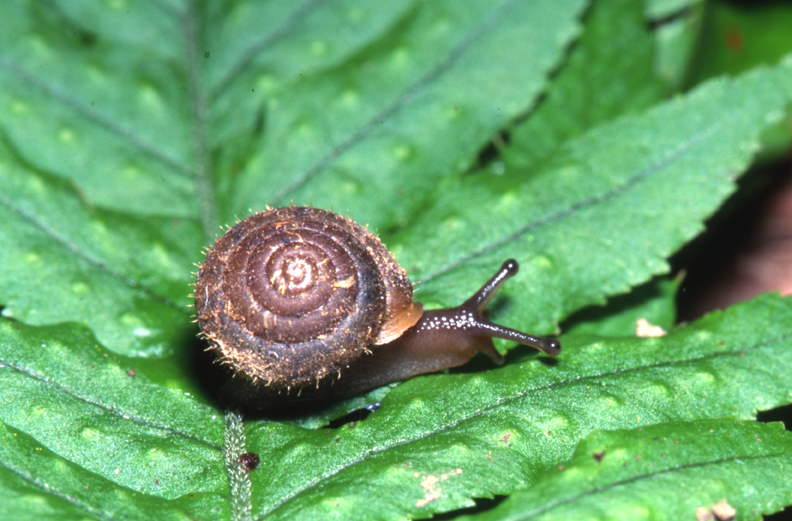Only slightly less devoted, and certainly more unexpected, was Alfred C. Kinsey, who became famous for his studies of human sexuality in the 1940s and 1950s. But before his mind became filled with sex, so to speak, Kinsey was an entomologist, and a dogged one at that. In one expedition lasting two years, he hiked 2,500 miles to assemble a collection of 300,000 wasps. How many stings he collected along the way is not, alas, recorded.
雖然沒有那么潛心,但肯定是更加出人意料的是,在20世紀40-50年代,艾爾弗雷德·C·金西以研究人類的性活動出了名。可以說,在腦子里充滿性問題之前,金西是一位昆蟲學家,而且是一位執著昆蟲學家。在一次歷時兩年的探險活動中,他跋涉了4000公里,采集了30萬件黃蜂標本。在此過程中他被螫過多少次,哎呀,沒有記錄下來。
Something that had been puzzling me was the question of how you assured a chain of succession in these arcane fields. Clearly there cannot be many institutions in the world that require or are prepared to support specialists in barnacles or Pacific snails. As we parted at the Natural History Museum in London, I asked Richard Fortey how science ensures that when one person goes there's someone ready to take his place.
令我感到費解的是,在這種冷門的領域,你怎么能確保有接班人。顯而易見,需要或愿意支持藤壺專家或太平洋蝸牛專家的機構并不多。我們在倫敦自然史博物館分手的時候,我問理查德·福泰,當一個人離去的時候,科學界是怎么確保有人來接他的班的。

He chuckled rather heartily at my naivete. "I'm afraid it's not as if we have substitutes sitting on the bench somewhere waiting to be called in to play. When a specialist retires or, even more unfortunately, dies, that can bring a stop to things in that field, sometimes for a very long while."
聽了我幼稚的問題以后他縱情地格格一笑:“恐怕不像是有替補隊員坐在板凳兒上等著被叫上場的情況。要是有一名專家退休或不幸去世,那個領域的事情有可能中斷,有時候要中斷很長時間。”
And I suppose that's why you value someone who spends forty-two years studying a single species of plant, even if it doesn't produce anything terribly new?
“我想,正是由于這個原因,要是有人花了42年時間來研究一種植物,即使沒有出什么很新的成果,你們也會覺得很寶貴,對嗎?”
Precisely, he said, "precisely." And he really seemed to mean it.
“一點兒不錯,”他說,“一點兒不錯。”他說的確實好像是真話。












